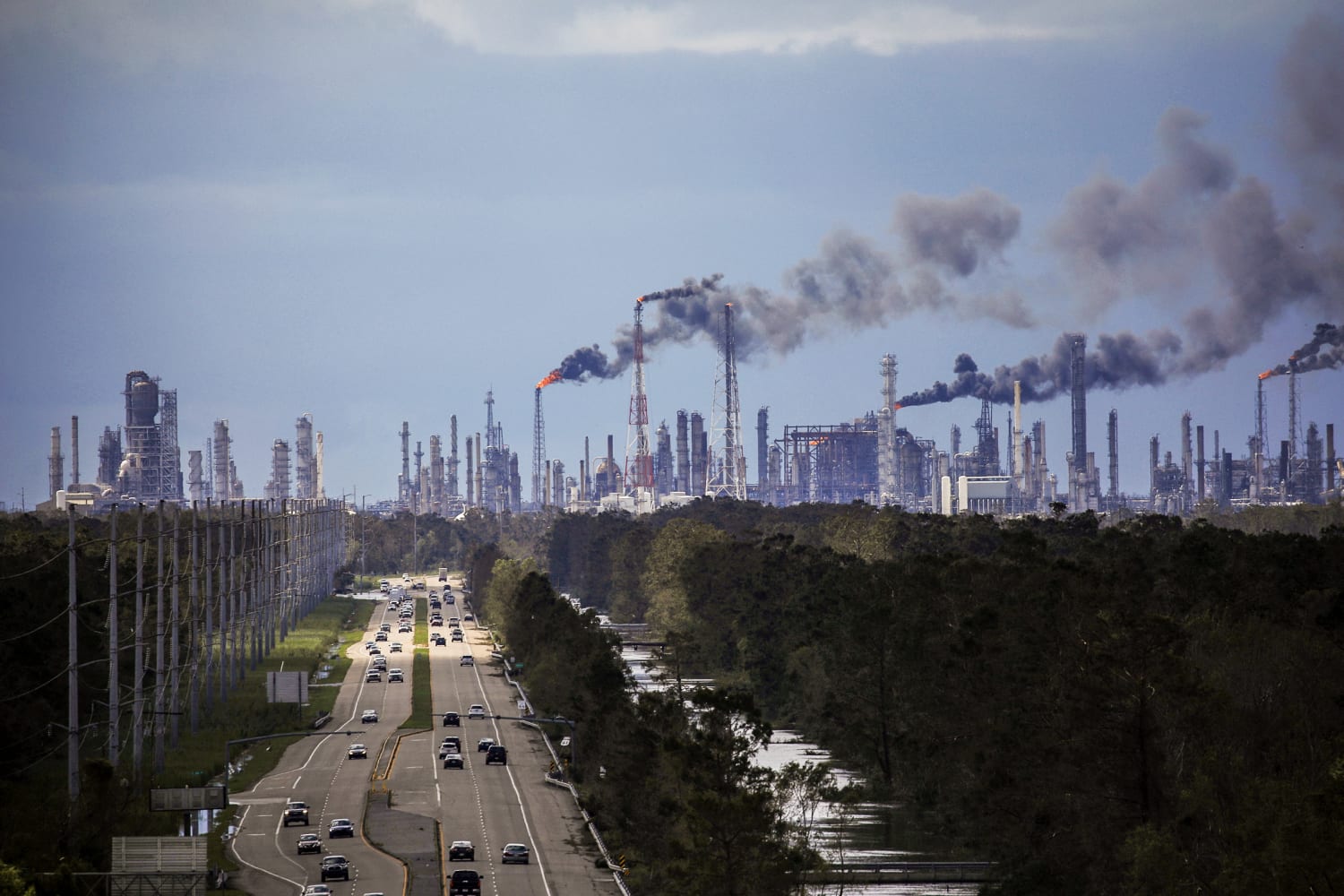U.S. greenhouse gas emissions rebounded sharply in 2021, rising about 6.2 percent over last year when the economy was dampened by pandemic lockdowns, restaurant closures and travel disruptions.
Still, emissions remained about 5 percent below 2019 levels, according to preliminary analysis from the Rhodium Group, an independent research and data firm that tracks greenhouse gas tallies.
The U.S. remains off track to achieve its climate targets for 2025 and 2030, says the analysis, which relies on preliminary energy and economic data.
“We expected emissions to rise again. That’s not in and of itself indicative that the U.S. is off track to meet our goals,” said Kate Larsen, a partner at Rhodium who helped with the analysis. “What was concerning is that emissions rebounded faster than the overall economy.”
The economy grew about 5.7 percent in 2021, the report says, citing Goldman Sachs estimates of U.S. gross domestic product.
Emissions in 2021 jumped largely due to an increase in the use of coal for power generation, which rose about 17 percent.
“Natural gas production was disrupted last year so coal outcompeted gas,” Larsen said. It was the first yearly increase in coal generation since 2014, the analysis says.
Overall transportation emissions rose about 10 percent over last year, the analysis says. Although the use of jet fuel remained below pre-pandemic levels, diesel consumption rose higher than in it had been just before the pandemic.
“The strongest rebound and quickest rebound happened in freight. Those are diesel trucks picking up goods in the ports and bringing them to stores we shop at, the restaurants we eat in and taking packages to your door,” Larsen said. “The rebound we saw really was the most fossil intensive version.”
President Joe Biden’s goal is to reduce emissions by 50 percent to 52 percent below 2005 levels by 2030. Larsen said the emissions trajectory preceding the pandemic — of moderate declines due to changes in how the U.S. generates power — remains largely unchanged.
“I think there was hope this moment the pandemic presented would change the way we do things, that it would be an opportunity to invest in the infrastructure we need to recover in a more sustainable way and that did not materialize,” Larsen said. “Without some other major intervention, the trajectory we’re on will get us nowhere close to our 2030 climate goals.”
The data are preliminary. Rhodium gathers data on electric power generation, consumption of transportation fuels and other inputs to estimate emissions, Larsen said.
The Environmental Protection Agency publishes official, detailed greenhouse gas inventories about 15 months after year’s end.
“We’re typically off on final estimates by a fraction of a percent,” Larsen said.
Source: | This article originally belongs to Nbcnews.com











